What just happened
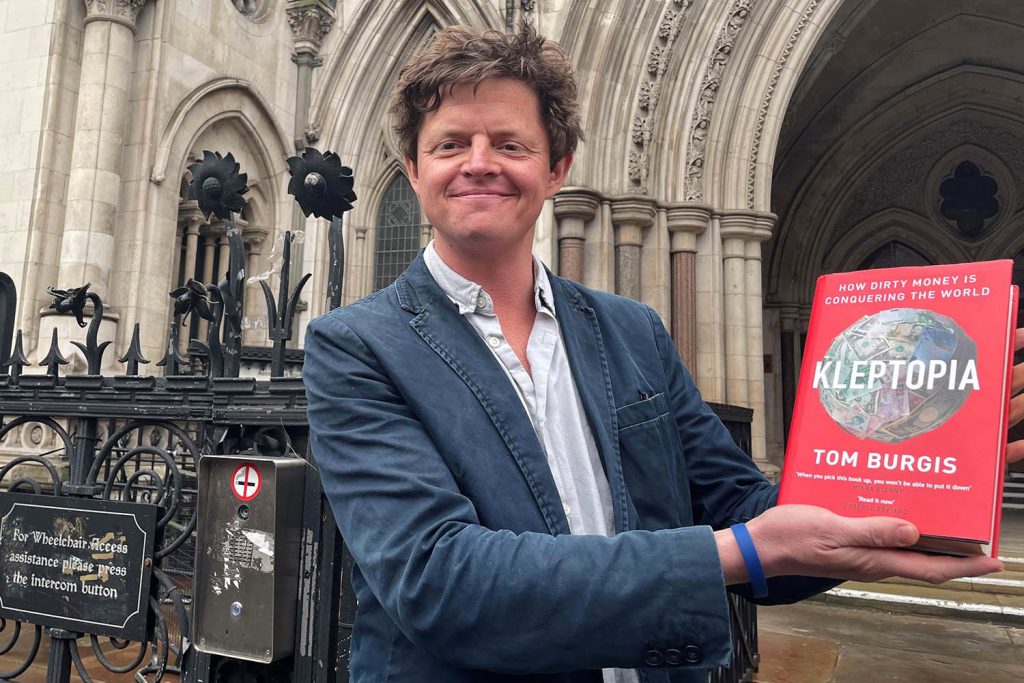
- Russia fired a new wave of missiles at Ukrainian cities, timed to coincide with the morning rush hour.
- Novak Djokovic’s father was pictured posing for photos with pro-Putin tennis fans at the Australian Open.
- Meta lifted its ban on Donald Trump’s Facebook account.
One of the many unintended consequences of Vladimir Putin’s war in Ukraine has been to focus minds on the long-standing problem of SLAPPS.
These cases – strategic lawsuits against public participation – are a form of lawfare used by the super-rich not just to silence those who seek to speak out against them, but to punish them. Usually, they’re brought against journalists and activists.
They are, according to the Conservative MP Bob Seely, “a form of legalised intimidation and, effectively, legal gangsterism”.
High profile cases described as SLAPPS include:
- Roman Abramovich’s libel claim against HarperCollins and Catherine Belton for her bestselling “Putin’s People”.
- A lawsuit brought by the Kazakh mining company Eurasian Natural Resources Corporation (ENRC) against journalist Tom Burgis, his publisher Harper Collins and employer, the FT.
- The case revealed by OpenDemocracy this week of the sanctioned Russian oligarch Yevgeny Proghiznin circumventing sanctions to pursue Bellingcat’s Eliot Higgins.
- Dozens of lawsuits aimed at silencing the Investigative journalist Daphne Caruana Galizia at the time of her murder in Malta in 2017.
So what? Western nations are now in a race to tighten domestic legislation to prevent this abuse of power and wealth. Those left behind are likely to see a concentration of cases in their jurisdiction; London is already exposed as a magnet for libel tourism and a hub for dirty money.
A survey published in 2020 found that the UK was the biggest international source of legal threats to journalists, generating almost as many as Europe and the US combined.
Action. In the US, 34 states have passed anti-SLAPP laws offering varying degrees of protection. Canada is making tentative progress, as are other countries including Australia. The EU is preparing an anti-SLAPP directive.
Inaction. The UK is falling behind. Last July, the government announced a set of planned reforms to give the courts new powers to throw out meritless claims more quickly, and put a cap on costs. But they didn’t appear in the Queen’s Speech, meaning they won’t be prioritised in this parliamentary session. There are concerns that Dominic Raab, the justice secretary, may look to bundle these changes into his controversial Bill of Rights, whose main intention is to replace the Human Rights Act – likely meaning further delays to legislation.
Some working in the field have even suggested that in light of the legal threats made by Tory party chairman Nadhim Zahawi to those probing his tax affairs, ministers might be minded to stall further.
So backbenchers are taking matters into their own hands:
- Seely this week presented a 10-minute rule bill which won’t become law but can apply pressure. Using parliamentary privilege, he made a wide-ranging attack on some of the UK’s biggest law firms, including Carter-Ruck, Schillings, Harbottle & Lewis and Mishcon de Reya, calling them a “fifth column” of criminals and oligarchs.
- Labour’s Liam Byrne and former Cabinet minister David Davis have spoken frequently against both the weakness of the system and specific cases, as part of a push to attach reforms to the Economic Crime Bill (II).
Susan Coughtrie, co-chair of UK Anti-SLAPP Coalition, says the push for change is “a relatively straightforward win” because of cross-party consensus for reform that would be undermined if Raab did opt to use the Bill of Rights.
How to slap back. Coughtrie’s organisation has developed a draft law that could “neatly sit on top of existing legislation”, rather than change it. It would let claimants seek early dismissal of lawsuits brought in bad faith, as well as financial penalties.
How not to slap back. By burying your head in the sand. Astonishingly, the CEO of the Solicitors Regulatory Authority, Paul Philip, says the SRA only became aware of SLAPPS with the Russian invasion early last year. Go figure.
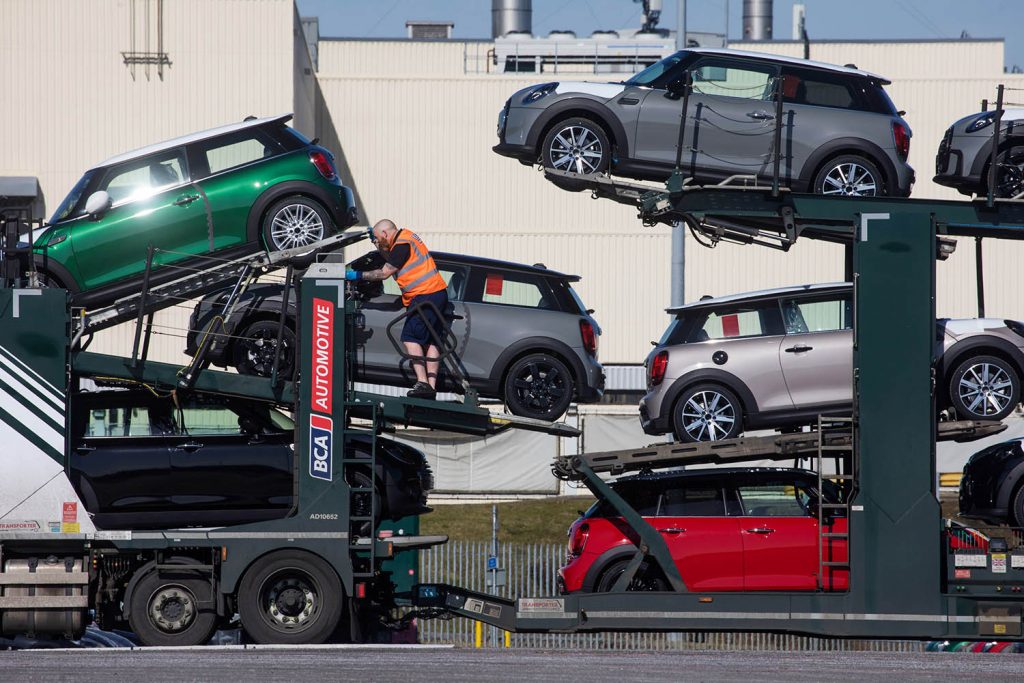
Car hurt
The UK made fewer cars last year than at any time since 1956. Output is expected to pick up in 2023 but still be 40 per cent lower than before the pandemic. Plant closures, post-Covid supply chain blockages – especially of chips – and the shutdown of Russia as an export market are all factors. Everyone has the story, which is based on numbers from the Society of Motor Manufacturers and Traders. Almost no one explicitly blames Brexit, which is understandable given car output is down in Europe and the US too, but still odd considering another factor behind the UK slowdown is an acute and enduring labour shortage. Free movement used to help with that.
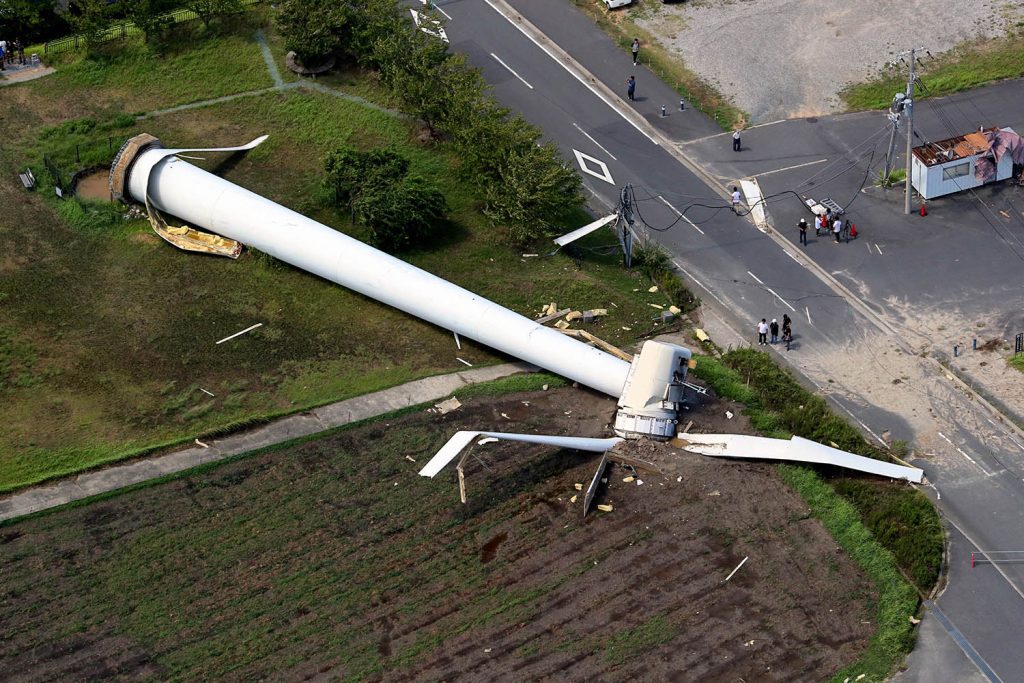
Falling giants
A significant number of wind turbines have been falling over. The number is small and imprecise – Bloomberg talks about a “rash” of collapses from Colorado to Lithuania – but it’s driving up insurance premiums for operators, forcing manufacturers to put aside large sums for warranties and potentially upsetting a wind power business model based on free air. The main occupational hazard for wind turbines is wind – they have to withstand it, and this requires costly materials and precision engineering. There are three main manufacturers – GE, Vestas and Siemens Gamesa. Bloomberg says they’re all now focused on making fewer types of turbine, stronger.
Malawi cholera
Over 1,000 people have now been killed by Cholera in Malawi – their worst outbreak in two decades after only seeing two cases in 2021. Although vaccines are being distributed, cultural tensions with healthcare workers and a lack of supply mean infections are skyrocketing. At the end of 2022, the World Health Organisation reported they had “no more vaccines” as over 30 countries – including Malawi – were facing epidemics. It led the WHO to change policy and recommend one dose instead of the usual two. Still effective, but less so. Malawi health workers have also had to battle conspiracy theories that they are actually giving Covid-19 vaccines and in some regions violent attacks as they deny families traditional burials which have become a contagion risk. “I don’t want myself or any of my family members to die of this preventable disease”, Esmie Mwanga tells Gavi, the global vaccine alliance, yet that is exactly what is happening.
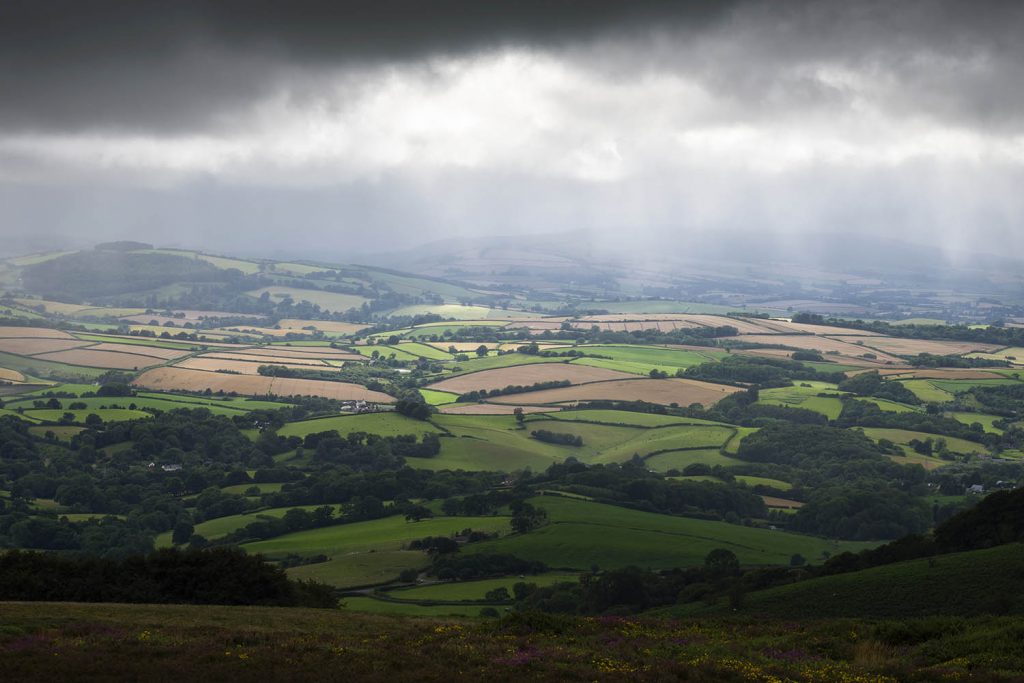
After CAP
Starting about now, UK farmers will be able to get paid for nurturing peat and moss, preserving hedgerows, creating the conditions for organic fruit growing and building homes for skylarks. Supporters of Brexit always said it would be good for agriculture, and they may have been right. The UK government publishes its post-Brexit farming policy today, to replace the Common Agricultural Policy that subsidised farmers based mainly on the area they managed. Instead, farmers now have to get their heads round ELMs (Environmental Land Management schemes) aimed at boosting soil health, biodiversity and carbon sequestration. There are 280 ELMs and farmers can “stack” them to get paid multiple ways for a single hectare. The industry has given the new policy a cautious welcome. Its labour shortage remains unresolved.
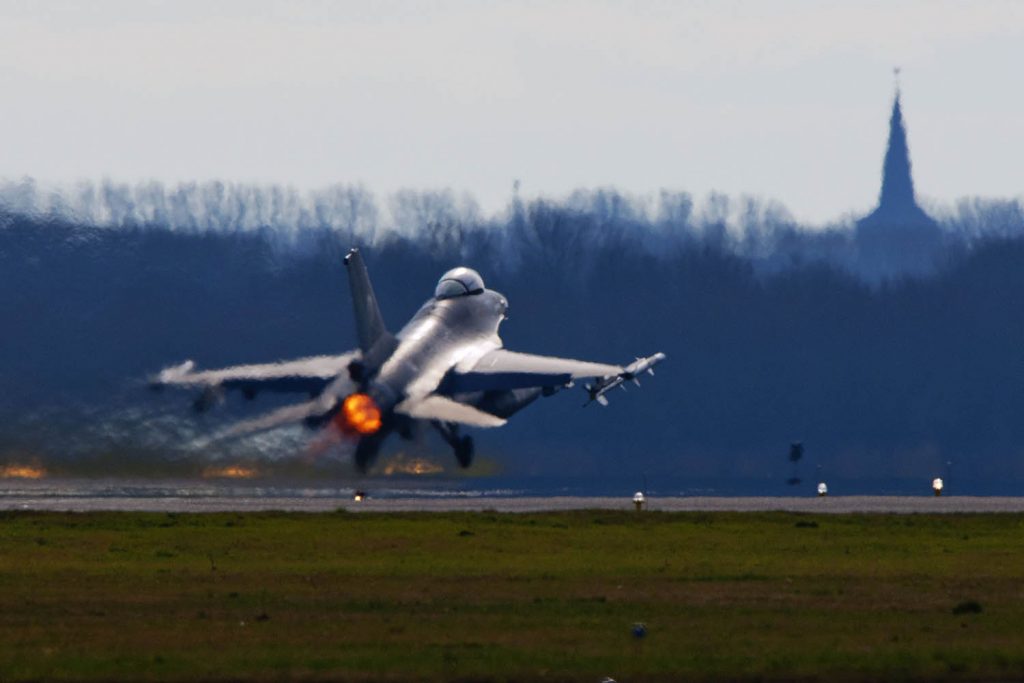
Tankeschön Deutschland
On the better late than never principle, Ukrainian social media was flooded yesterday with leopard skin memes, outfits and imagery in recognition of Germany’s promise to send 14 Leopard 2 A6 tanks to Ukraine and to let other countries send more. Leopards from Finland, Spain, the Netherlands, Poland and Norway will form two battalions of 80 tanks in all. On the same day – President Zelensky’s birthday – Putin said Germany “has never been a sovereign state” because of the US troops stationed there, but that “one way or another, sovereignty will be returned to Europe”. Park the unhinged ahistoricity for a moment; a lot of Russians believe everything he says. Next on Ukraine’s wish list: F-16 fighter jets with a range roughly twice the distance from Dnipro to the Kerch Strait Bridge and back, without refuelling. The Royal Netherlands Air Force has 40 of them, and “no taboos” about handing them over.
Thanks for reading. Please tell your friends to sign up, send us ideas and let us know what you think. Email sensemaker@tortoisemedia.com.
Catherine Neilan
@CatNeilan
Additional reporting by Phoebe Davis.
Photographs Getty Images, Alamy Images











